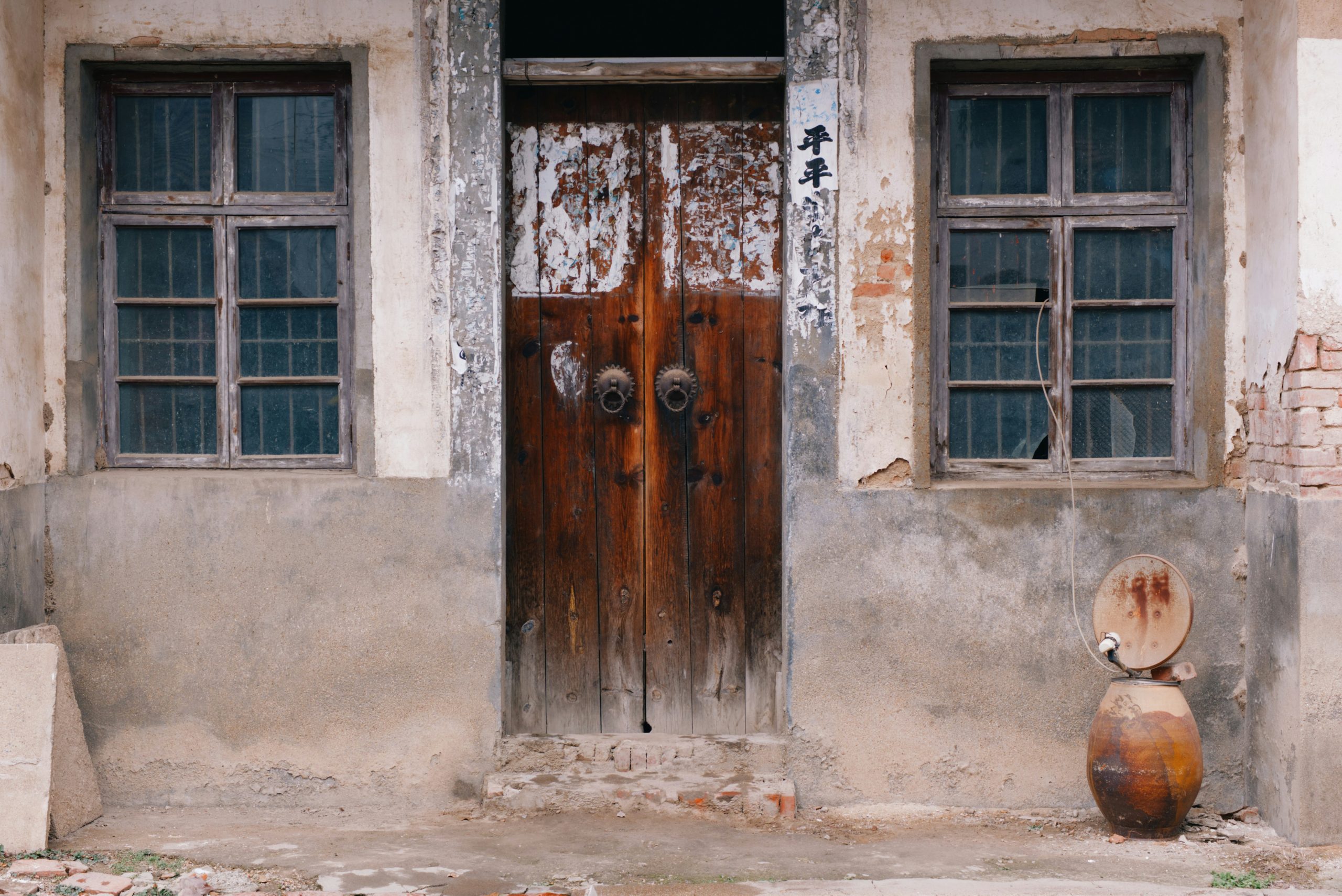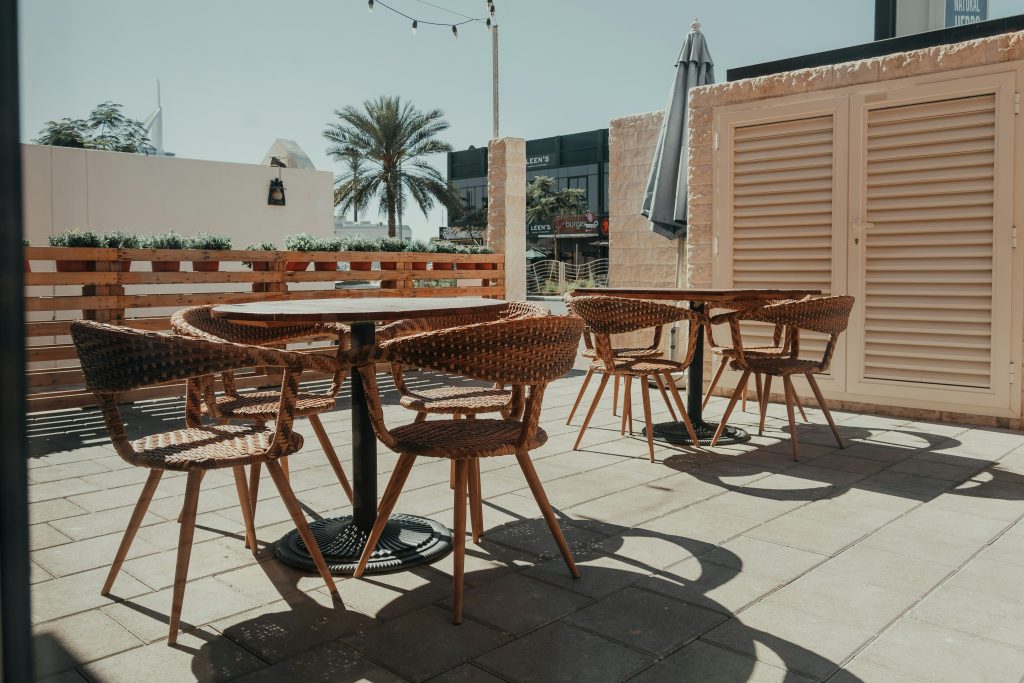Exploring the Cultural Significance of Friday the 13th: Superstitions, Tattoos, and Modern-Day Beliefs
As the clock strikes midnight and ushers in another Friday the 13th, a wave of superstitious dread washes over many, igniting conversations and reflections on the origins and implications of this culturally significant day. While some may regard it as just another date on the calendar, for others, it symbolizes a time when misfortune lurks just around the corner. But what lies behind our collective fear and fascination with this day?
Historically, Friday the 13th has been steeped in superstition, dating back to biblical times and evolving through various cultural narratives. The number thirteen has long been associated with bad luck, a belief that is echoed in numerous cultures across the globe. Scholars from religious studies have examined our propensity for such superstitions, suggesting that they reflect deeper human anxieties and societal constructs surrounding fate and misfortune. The blending of cultural myth and psychological insight reveals a complex tapestry of beliefs that shape our understanding of luck and chance.
In modern times, Friday the 13th has transformed beyond its ominous reputation, becoming a celebrated occasion for tattoo enthusiasts. Many tattoo parlors capitalize on this day, offering discounts and special promotions, enticing individuals to embrace their superstitions in a more permanent way. Whether it’s a black cat, a ghoul, or a witch’s brew, the tattoos symbolize both a defiance of fear and a celebration of personal expression. Tattoo shops across the nation have become hubs of activity, drawing in crowds eager to commemorate the day with ink that carries their own unique stories and meanings.
For those who prefer lighter activities, Friday the 13th also offers a chance to indulge in various festive events. From comedy shows to themed parties, the day encourages communities to engage in playful banter about their fears and superstitions. Many people find joy in sharing tales of mishaps associated with the date, turning what once was a day of dread into one of laughter and camaraderie.
Culinary delights are not to be overlooked either, as bakeries across towns often use the day as an opportunity to offer special deals on sweets such as doughnuts, appealing to those looking to sweeten their luck. The fusion of food with folklore highlights how traditions adapt over time, merging the old with the new.
Moreover, the day prompts a reflection on broader societal beliefs, such as the fear of bad luck intertwined with weather superstitions. Across various cultures, specific weather patterns are believed to portend specific outcomes, from rain on wedding days to the behavior of birds before storms. These beliefs reveal an intrinsic desire to find patterns and meanings in the chaos of life, illustrating our ongoing struggle to make sense of the world around us.
As the day unfolds, the dialogue surrounding Friday the 13th continues to evolve. It has become a day that not only invites fear but also fosters community, creativity, and cultural exploration. Whether you are planning to get a tattoo, indulge in a sweet treat, or simply share stories of your own experiences with superstition, this day serves as a reminder of the intricate and often contradictory relationship we maintain with luck, fate, and belief. In a world rife with uncertainties, Friday the 13th stands as a testament to our shared human experience, where fear and fun coexist harmoniously.











